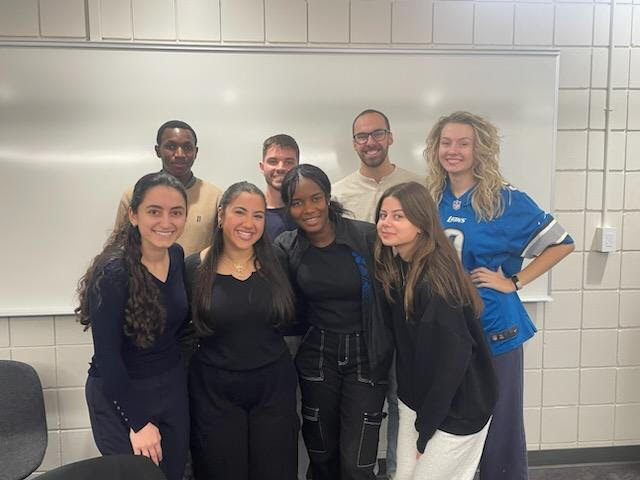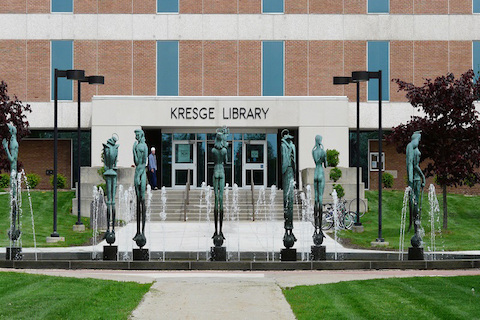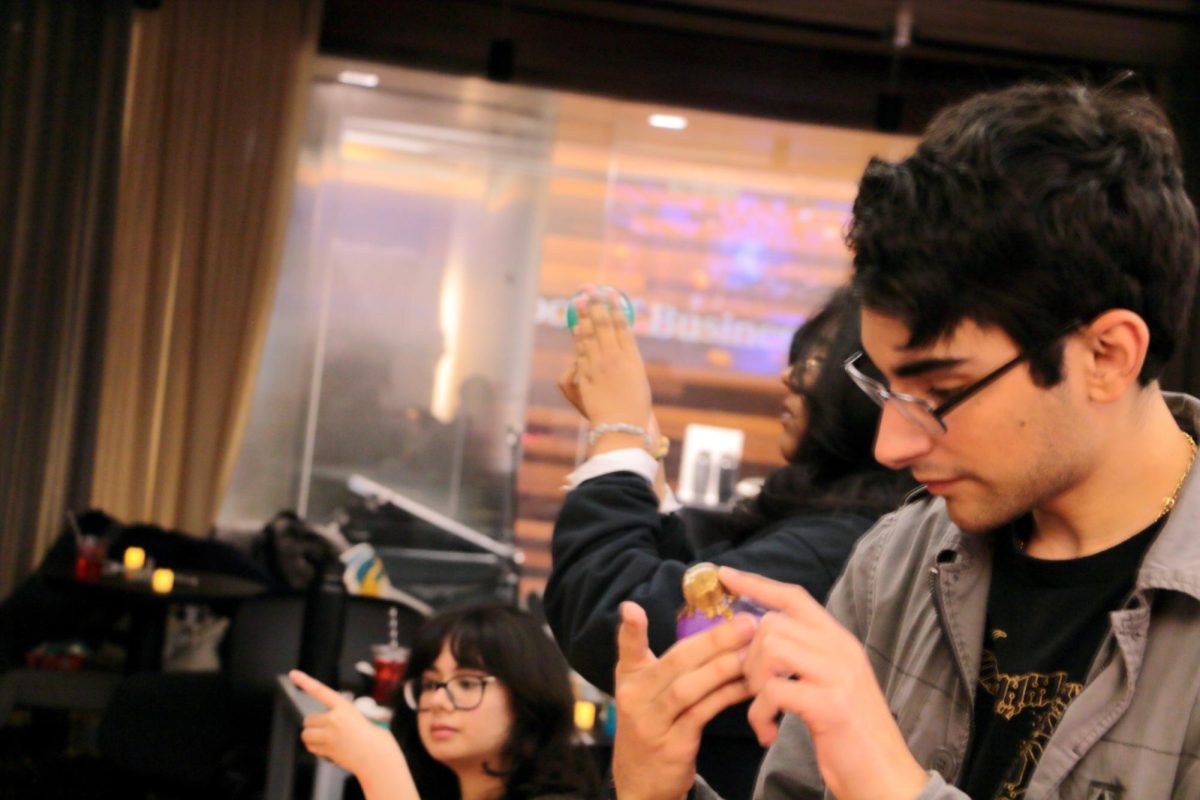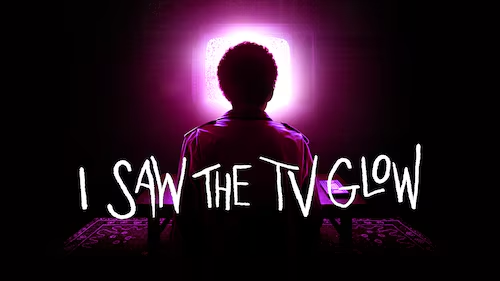Throughout this semester, Oakland University has joined the United States Department of State with the Diplomacy Lab, a partnership between the Department of State and several academic institutions, working to harness research and innovation to solve global challenges. OU is the second Michigan university to partner with the Diplomacy Lab, alongside the University of Michigan.
The Diplomacy Lab is offered as a class for students and unlike other classes, it is offered to handpicked students due to their French background and knowledge. Larisa Giacomin, an international relations major and French minor in the Diplomacy Lab, finds it gratifying to use her French knowledge in her research.
“I’m also a French minor, and so are most people here,” Giacomin said. “Being able to draw on that for the purposes of just a paper, seeing how much language can impact research and can open doors in the policy field, it’s very gratifying.”
This semester, students have been focusing on the recent uprising and resurgence of military coups in several West African nations such as Guinea, Guinea-Bissau, Niger, Mail, Chad, Sudan and Gabon. The student’s job is to figure out why these uprisings have been resurfacing as of recently and what French colonialism has to do with it.
“We got our assignment from the Department of State, and after our initial call with them, the professor sat down with us and we went over the plan for the research,” Giacomin said. “We structured our semester to have the first half be solely researching on the background of our case studies, and then we’re now at the point of writing the case studies themselves. So, we just had a full week of no classes last week where we did a lot of our writing, and this week, we are meeting every other day to put the presentation together. So, what we do here is discuss how our cases compare to each other, and how to bring them together into a presentation and a final paper. Our sole work is doing the hard part of researching and combining that into a 20-plus page essay.”
For Josef Gojcaj, the experience is beneficial for him as he is able to work closely with what he wants to do in life, becoming a U.S. diplomat.
“I also think that for those who are going into the field of political science and international relations, I can testify for something closely related to the State Department,” Gojcaj said. “I want to become a U.S. diplomat, hopefully one day, and I think this is a step in the right direction for me becoming a U.S. diplomat, especially having such a wonderful opportunity to work with the State Department on this research.”
For Maria Williams, a political science major in the Diplomacy Lab, the program is beneficial to her because of the real-life policy exposure seen in the lab.
“It’s like real life policy exposure also,” Williams said. “We have an aspect of it where we give solutions as well, so I feel it’s just a little taste of what really exists at the federal level, national level and even global level type policy consulting.”
When it comes to big projects that extend beyond the scope of university, it is easy to look back on what classes helped prepare you for the project. For Williams, a class that helped prepare her for the Diplomacy Lab was her class on international law.
“Specifically with my case study, I had Sudan,” Williams said. “There’s a really bad humanitarian crisis going on there right now, so just knowing all the legalities of it, there’s been a lot of involvement with the United Nations and the International Criminal Court with my case. So, knowing the legislative structure of that, how that all works, and all the laws, I feel like it just helped me get a broader understanding of why things are happening, and how United Nations politics and international politics can play a role in maybe stopping that and giving policy suggestions. Because I do have a section on that that I had to go back into my international law notes to look at.”
For Giacomin, her honors thesis helped her through the Diplomacy Lab.
“Having done my honors thesis has helped me a lot, because I just finished it earlier this semester, and I got you presented in a political science conference here in Michigan,” Giacomin said. “Just having the experience of researching something on my own, even though we have the structure and the help from our professors, is really quite an undertaking. It’s, you know, scary and it’s intimidating, but having that drive of sitting down and researching and questioning what you just read and how it applies to current issues.”
With such a unique experience, there are several aspects for students to take away from their time with the Diplomacy Lab. For Giacomin, a big takeaway is that they are the ones making new research.
“It’s really different from a capstone or other projects,” Giacomin said. “With this there’s no concrete answer anywhere, so we’re doing the groundbreaking. It’s the new research that other people are going to look for when they do their own research.”
For Gojcaj, the experience is memorable because it is history in the making.
“I always think of it as, ‘this is history,’” Gojcaj said. “This is change, this is future foreign policy when it comes to Africa and the West African bloc.”
For Alex Verzillo, an international relations major in the Diplomacy Lab, the outcome of everyone’s work stuck out to him the most.
“The most memorable thing is just what the outcome of this Diplomacy Lab is going to be, because while we’re doing this for credit, of course, I’m pretty sure I can speak for everyone when I say that we’re not doing this for the grade,” Verzillo said. “It’s way beyond that, and it’s because of the impact that it’s going to have. The fact that we’re meeting with diplomats, and they’re going to listen to what we have to say, and they’re gonna hold on to those teachings.”
For more information on the Diplomacy Lab, visit diplomacylab.org.






